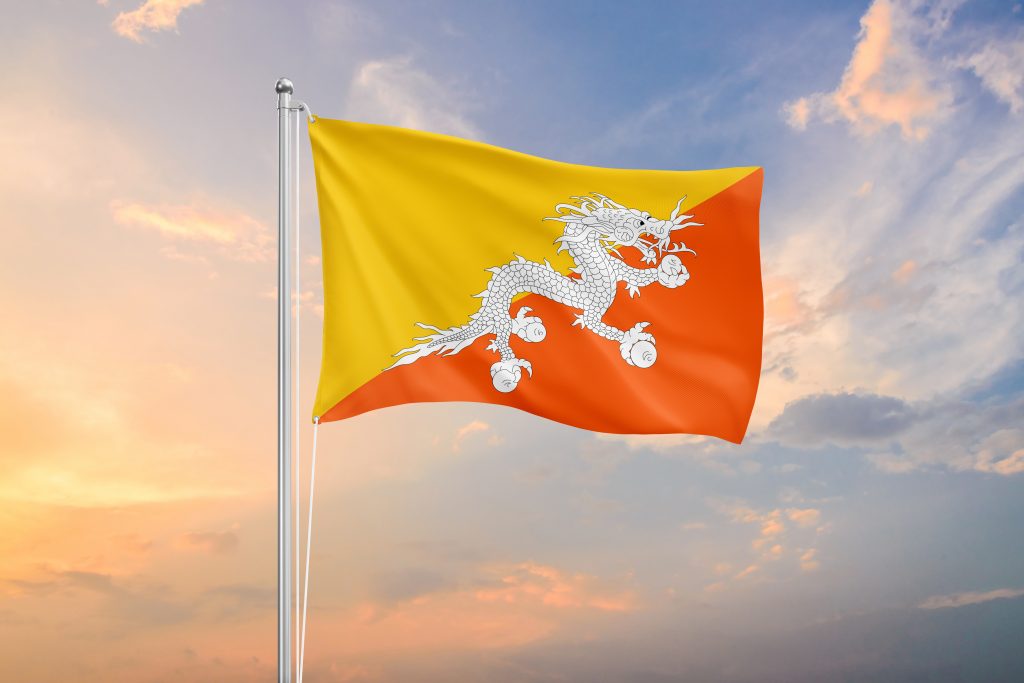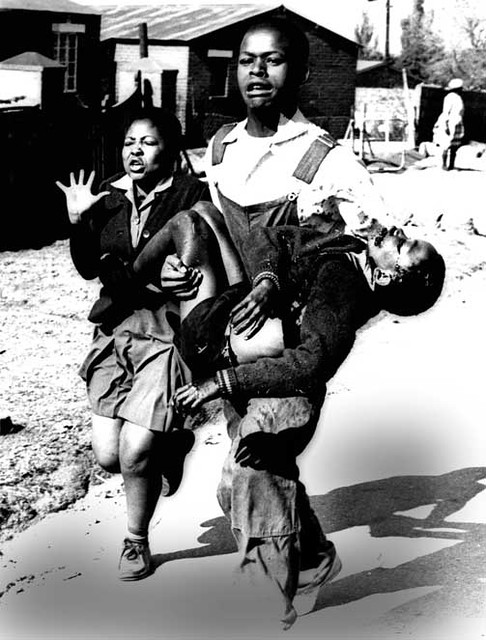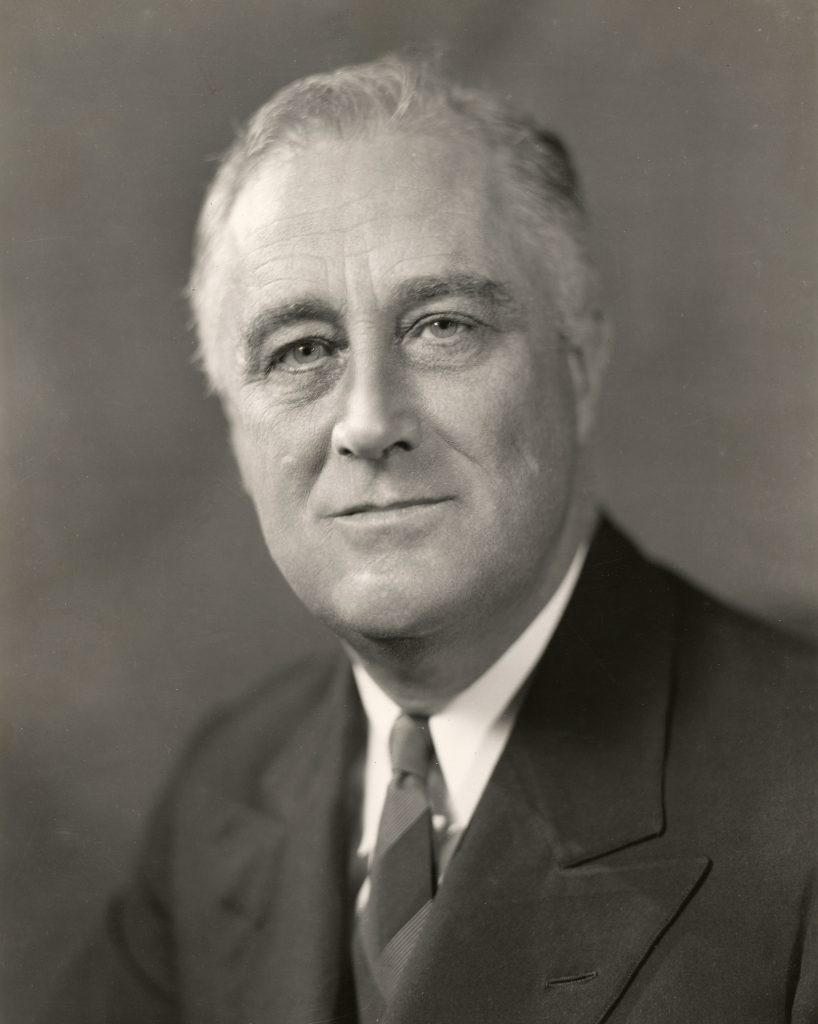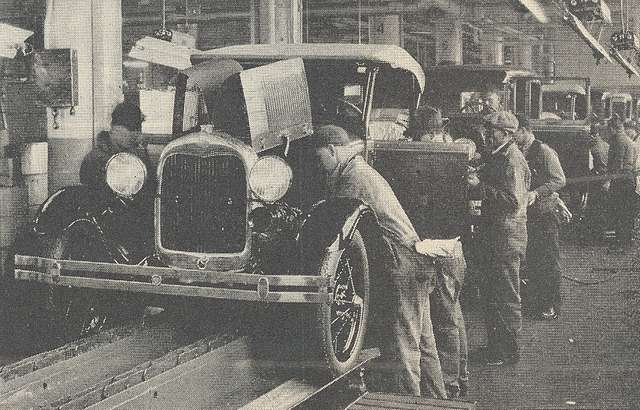A closer look at key historic events that took place on June 16:
In 2010, the world’s first country-wide total tobacco ban goes into effect
Bhutan prohibited the sale and cultivation of tobacco and tobacco products, with stringent penalties for violators. This initiative was part of Bhutan’s efforts to prioritize public health and well-being by reducing tobacco consumption and its associated health risks. It is still legal to smoke in a private setting, but obtaining products legally is nearly impossible.
During the Soweto Uprising in South Africa, police opened fire on protesting schoolchildren who were demonstrating against the apartheid government’s policy of enforcing education in Afrikaans. The event marked a turning point in the anti-apartheid struggle, drawing international attention to the injustices faced by black South Africans under apartheid rule.
The day marked the conclusion of an intense legislative session aimed at combating the Great Depression. During this period, Roosevelt’s administration introduced a flurry of programs and reforms to stabilize the economy, including the passage of numerous bills and the establishment of agencies such as the Civilian Conservation Corps and the Tennessee Valley Authority. These initiatives laid the groundwork for Roosevelt’s New Deal policies.
In 1903, Ford Motor Company is founded
Ford Motor Company was founded by Henry Ford and a group of investors on June 16. The company’s impact on industrialization and mass production techniques would have profound effects on manufacturing worldwide.
– Don’t miss out on To Vima’s daily “On this Day in History” posts.








